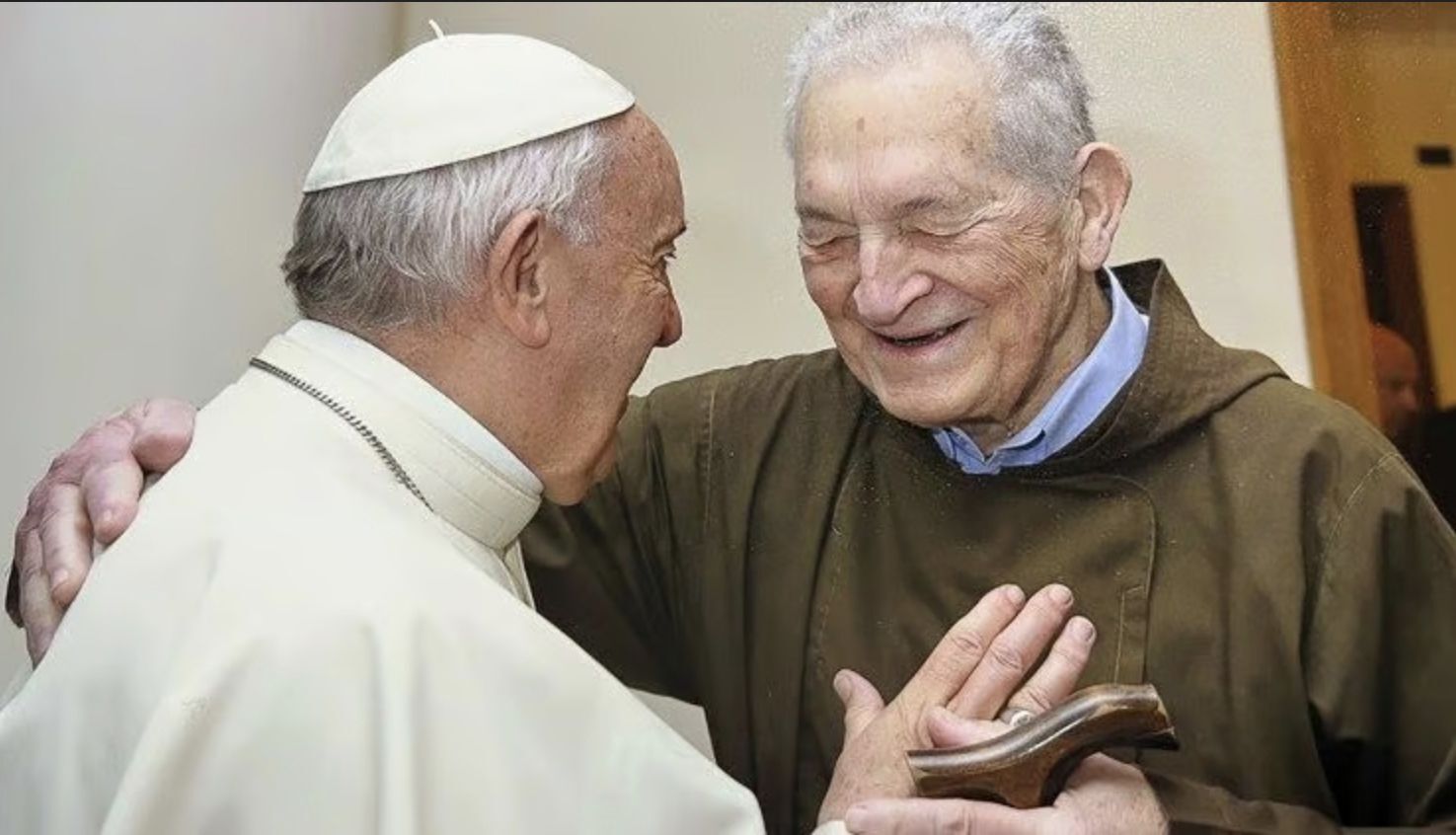
A good deal of attention has been given to the recent nomination by Pope Francis of 21 new cardinals for the Universal Church. They will be formally installed in their new roles by the pope at a consistory to be held in Rome on Sept. 30. The appointment of the new cardinals is much in keeping with all those made by Pope Francis during the years of his papacy. In keeping with Pope Francis’s desire to reach the periphery of the Church, the cardinals come from all over the world with a multitude of cultures, experiences and ages. They are primarily shepherds who love the Church and the people whom they serve.
The variety of backgrounds, experiences and personalities of the cardinals chosen by Pope Francis, both recently and over the years, is reminiscent of a true story which occurred some years back. A cardinal had returned home to celebrate Mass for his family and friends who could not be with him in Rome for the consistory. He explained very well to the congregation the meaning of what it means to be a cardinal. He also described, in a humorous manner, how his niece took the news of his being named a cardinal. Not understanding completely its meaning, but knowing the tremendous significance a cardinal possesses in the life of the Church, she ran to school the day after her uncle had been informed that he was named cardinal and announced to her teacher and friends, “My uncle has just been given a very special job by the pope — he’s going to Rome and the pope is going to make him a blue jay!”
While cardinals and blue jays are very different species of birds, who look dramatically different in color and are somewhat different in size, they are significantly similar in many of their qualities, which positively include: patience, loyalty, determination, confidence, trustworthiness and energy. These qualities are essential to any shepherd of the Church, and in a particular manner to a cardinal who deals with the universality of the Church. Many rightly associate a cardinal of the Church with the red bird called by the same name because of its color. However, the designation of cardinal is not derived from this association but from the Latin word cardo, which means a “hinge.” The significance is that a cardinal of the Church is a hinge to the pope, one of his pivotal aides. Likewise, the color red that the cardinal wears is not associated with the color of the bird but with man’s blood. When the Holy Father hands the new cardinal the red hat he will wear, he says, “In praise of God and in the honor of the Apostolic See, receive this red hat, the sign of the cardinal’s dignity. So, you must be ready to conduct yourself with fortitude, even to the shedding of your blood, for the increase of the Christian faith, for peace and tranquility of the people of God and for the Kingdom of Heaven and for the Holy Roman Church.” The election of a new pope, generally from among their number, is one of the primary responsibilities and services of the cardinals.
Among the most striking of the new cardinals, who represents their diversity in an obvious manner, is that of Father Luis Dri, a Capuchin from Argentina. He is 96 years of age and 16 years past the age to be able to vote for a new pope in a conclave. In fact, he will most likely not make it to Rome for the consistory due to his age and health. Several pictures of him have appeared since his nomination as cardinal. In one, he is embracing Pope Francis and a blue shirt is visible under his Franciscan habit. Indeed, Father Dri can easily be described as a blue jay with all of the positive qualities that unite the cardinals in their service to the Church. Regarding his being chosen as a cardinal, he expressed, “I must thank the pope very much for this trust he has placed in me, because I do not deserve it. I am not a person, a priest, a friar, who has done studies. I have no doctorate, I have nothing. But life has taught me a lot, life has marked me, and since I was born very poor, I feel I must always have a word of mercy, of help, of closeness, for anyone.”
The soon-to-be Cardinal Dri has been personally known to Pope Francis for many years. During his papacy, he has spoken of him on several occasions with great affection. The pope recounted how Father Dri came to him, as archbishop of Buenos Aires, regarding the manner in which he, as a Capuchin priest, exercised his role of confessor. When asked why the pope so frequently spoke of him, Father Dri replied, “I, in all things considered, am, I won’t say scrupulous, but let’s say a little concerned in confessions. When he was a cardinal here in Buenos Aires, I confided in him often. I would go and ask him and once I confided all this to him. He told me: ‘Forgive, forgive, you have to forgive.’ And I said: ‘Yes, I forgive, but then I am left with certain restlessness and that is why, afterwards, I go to Jesus and tell him that it was He who taught me, that he gave me the bad example, he because he forgave everything, he never rejected anyone.’ You can see that these words struck Pope Francis, they stuck with him. He knows that I confess a lot, for many hours, in the morning and in the evening. And more than once, he has advised some priests, for some problem, to come and talk to me. I have listened to them and now we are great friends, with some of them coming often, we talk, and they get on very well, spiritually, pastorally.”
Father Dri represents well the qualities of a pastor which Pope Francis wants his closest collaborators and advisers to possess as cardinals. They represent well the diversity of the Church but, as cardinals, they represent the loving mercy of Christ, who came to dwell among us and reveal God’s love and mercy. Father Dri so well expressed, “I cannot say anything else, because I feel it, because I live it. Mercy, understanding, putting one’s whole self into listening, do you understand, to be able to put oneself in the other person’s skin, to understand what is happening. … I have to make people come closer to God, to Jesus.” It is in this manner that a shepherd of the Church conducts himself, “even to the shedding of his blood, for the increase of the Christian faith and for the peace and tranquility of the People of God.”
We continue to pray for our Holy Father, for his cardinals and for all of our priests!
Most Reverend Gerald M. Barbarito
July 28, 2023

